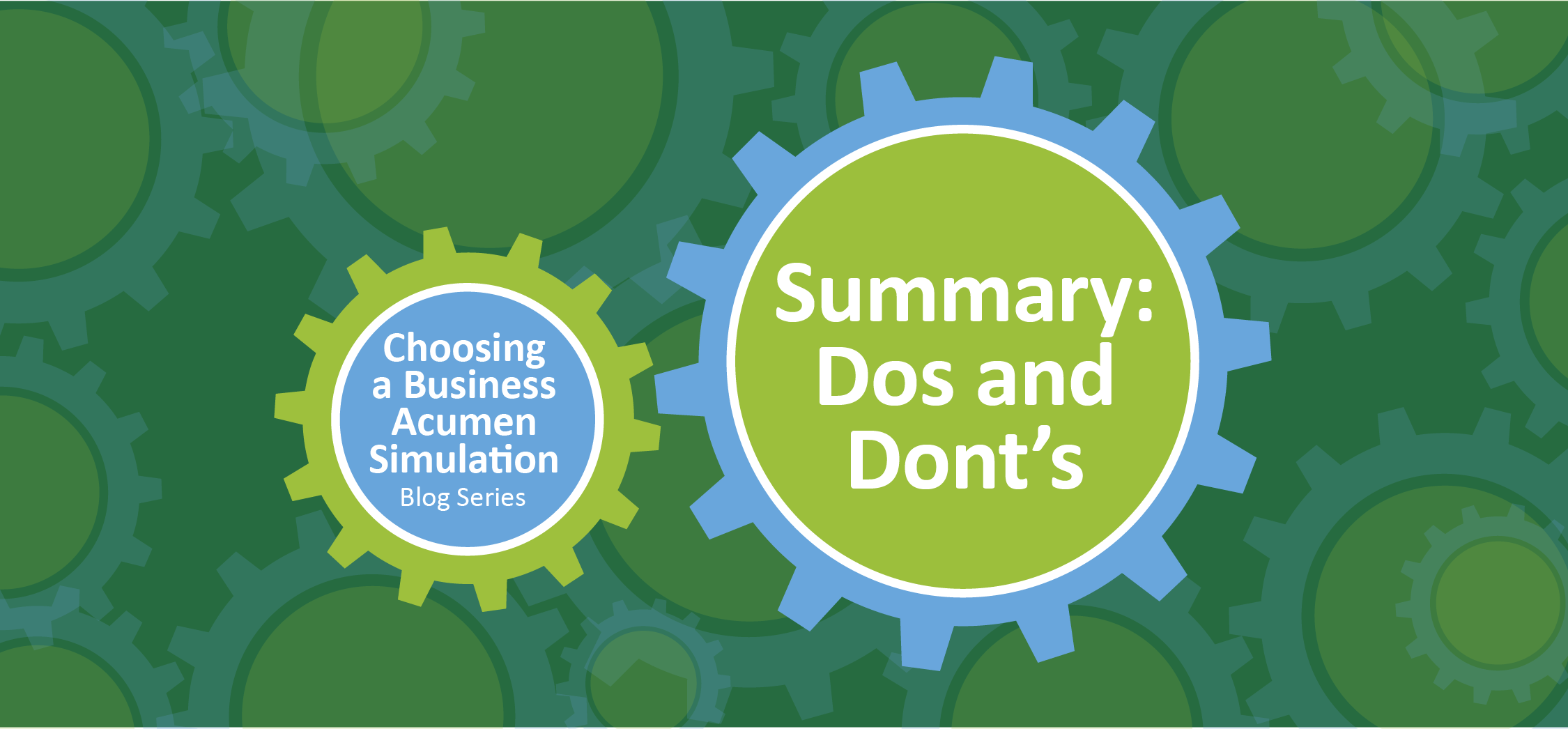Memorization vs. Experiencing the Big Picture: What Sticks?

Published Date
A 2009 study in BMC Geriatrics found that 75-year-old Americans performed at the level of 65-year-old Brits in memory and awareness tests—an unexpected result, considering that Americans rank worse in common cognitive decline risk factors like smoking, obesity, and high blood pressure.
Why the difference? Lead researcher Kenneth Langa suggested that higher education and income levels in the U.S. may offset poorer health indicators. But another explanation lies in how learning is structured in each country:
- The U.K. emphasizes memorization—students learn historical dates, poetry, and foreign language vocabulary by heart, without multiple-choice prompts.
- The U.S. emphasizes conceptual learning and critical thinking—students are expected to analyze, research, and connect ideas rather than just recall facts.
While memorization can provide a quick recall of facts, long-term cognitive retention appears stronger when learning is based on understanding concepts rather than rote memorization.
The Same Pattern Applies to Business Acumen
This distinction between memorization vs. conceptual learning is directly relevant to business acumen training.
- Traditional finance training often relies on memorizing formulas and ratios—but if learners don’t understand what those numbers mean, that knowledge fades quickly.
- Experiential learning, like business simulations, forces participants to apply financial and strategic thinking in real-world scenarios—which builds lasting business instincts.
Why Experiential Learning Sticks
At Income|Outcome, we see this firsthand:
- Learners who engage in hands-on decision-making retain insights long after the workshop ends.
- Those who only memorize calculations struggle to apply them when faced with real business challenges.
The difference? Application reinforces understanding. Experiential learning helps participants:
- Develop financial intuition—so they don’t just know the formulas, they know when and why to use them.
- Think cross-functionally—breaking out of silos to understand how decisions impact the entire business.
- Handle uncertainty—learning how to adapt when conditions shift, rather than relying on static answers.
Memorization Has Its Place—But It’s Not Enough
To be clear, memorization isn’t useless. A strong foundation in business terminology and financial metrics is important—but it’s only the first step. Without real-world application, memorized knowledge isn’t useful when it matters most.If you want to build real business acumen, you need more than formulas—you need experience, decision-making, and big-picture understanding.
That’s what sticks.
This post was originally published in 2009 and has been updated in 2025 to reflect new insights.



